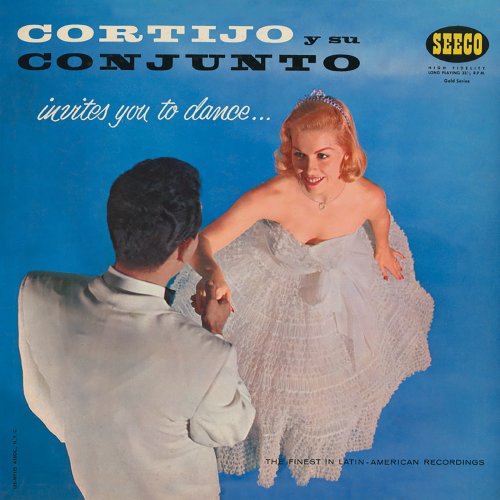Di Tsaytmashin - Yiddish Baroque Music (2016) [Hi-Res]
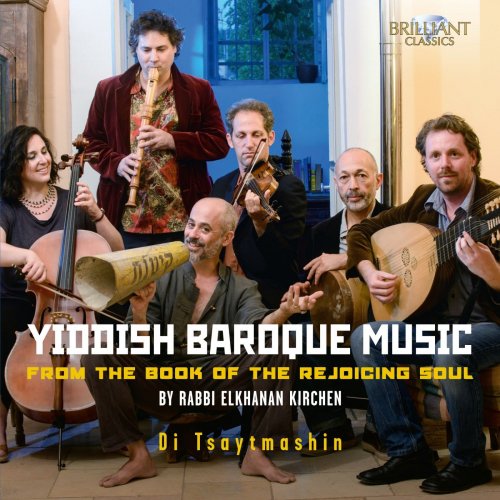
Artist: Di Tsaytmashin
Title: Yiddish Baroque Music
Year Of Release: 2016
Label: Brilliant Classics
Genre: Classical
Quality: flac lossless / flac 24bits - 44.1kHz +Booklet
Total Time: 01:02:46
Total Size: 337 / 640 mb
WebSite: Album Preview
Title: Yiddish Baroque Music
Year Of Release: 2016
Label: Brilliant Classics
Genre: Classical
Quality: flac lossless / flac 24bits - 44.1kHz +Booklet
Total Time: 01:02:46
Total Size: 337 / 640 mb
WebSite: Album Preview
![Di Tsaytmashin - Yiddish Baroque Music (2016) [Hi-Res]](https://www.dibpic.com/uploads/posts/2020-04/1587452436_di-tsaytmashin-yiddish-baroque-music-2016-back.jpg)
Tracklist
01. Dash Lid un' Gzang iz gmakht: Tzu zingin Fraytig tzu Nakht
02. Zing dash Gzang: An Shabbes tzu ous Gang
03. Zing dash Gzang um Rosh-Khoudesh: Den er iz ouch Koudesh
04. Zing dash Gzang mit Kavone: Um Yom Kipper veRosh Hashone
05. Zing dash Gzang mit Kavone: Hob far nimt Moure an Sukkes un' Simkhes Toure
06. Zing dash Gzang mit an Dakht: Di Khanuke Teg Akht
07. Loz dir an Glegin zayn dash Gzang am Purim: Ven shoun megn zayn Shikurim
08. In Peysekh zing dash Gzang: Zu der kennin Gotsh Vunder zu Yisroel vun on Fang
09. Zing dash Gzang um Shvues: Drinnen gfinshtdu guti Shmues
10. Dash Min Khutspe Lider zol lozn bleybin, khevresh Gzang zu Khasune un Bris Mile ton on shreybin
11. Dash Gzang bzing di Kale mit on dekhtin: Zu vor ous ven man Sie tuet flekhtin
12. Alli Tog tue dash Gzang zingin: Denn Gotsh Dinsht guet vor alli Dingin
Seyfer Simkhes Haneyfesh: (“The Book of the Rejoicing soul”) is an ancient Ashkenazi songbook, written by Rabbi Elkhanan Kirchen and published in Bavaria towards the beginning of the 18th century. It contains songs of morality for the Jewish home. The songs describe in very witty rhymes the diversity of customs for the Jewish holidays, the re ned moods resultant of following the Jewish tradition, and the joy of believing in God.
The language of the songs is West Yiddish, the language of the Jews of western and central Europe in those years. Although it differs from the modern Yiddish of today, it already bears many similarities to the more modern version of the language. The melodies of the songs appear in the book as a rather general structuring of a single melodic line. Despite the sparse voicing in the notation, the written music still manages to hint strongly at a remarkably unique musical pastiche, spanning from pure baroque polyphony to very spicy Jewish and European folk tunes.
Arranging the book’s music required the making of a couple of educated assumptions, without which the presenting of the book’s music as a work of art would not have been possible. The first one regarded the composer’s identity. I presume it was Rabbi Kirchen himself – an assumption that easily explains one of the peculiarities of most of the compositions in the book, which seem to appear rather “breathless”, as though composed by an amateur. The second thing which was essential to de ne was the identity of the person who, as a favor to Rabbi Kirchen, noted the tunes down. It is my opinion that the actual notation was done not by a Jew but rather by a gentile, who would not have been familiar with the nuances of the more Jewish melodies. This would account for the scriber’s haplessness when faced with the challenge of notating melodies of a more Jewish or Oriental nature. Whereas melodies of a more “German” character can be easily followed on the page, some others appear in the musical text in such a crooked and bizarre form, that it is unlikely that they were intended to be sung that way. After dealing with those two points it was possible to arrange this very intriguing work in the way in which I believe that Rabbi Kirchen and his diligent copier intended it to be. I thank those two for the challenge.
Di Tsaytmashin:
Avishai Aleksander Fisz, singing, harp, recorder
Bari Moscovitz, theorbo
Ayela Seidelman, cello
Daniel Hoffman, violin
Adi Silberberg, recorders, viola da gamba, krummhorn
Oren Fried, percussion
Guests:
Asher Blachmann, violin
Raffaello Negri, violin
Miriam Ben-Ami, violin
Amos Boazsohn, viola
Michael Klinghoffer, double bass
Eliav Lavi, baroque guitar
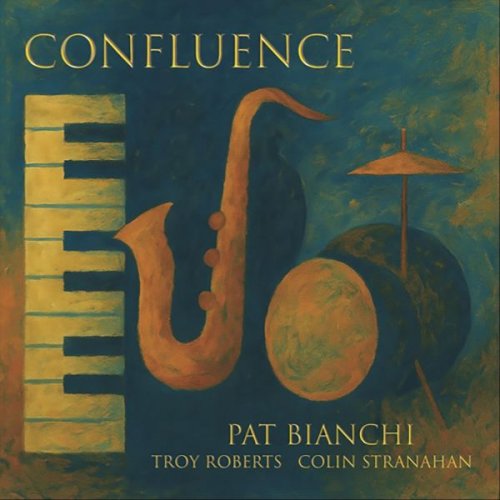
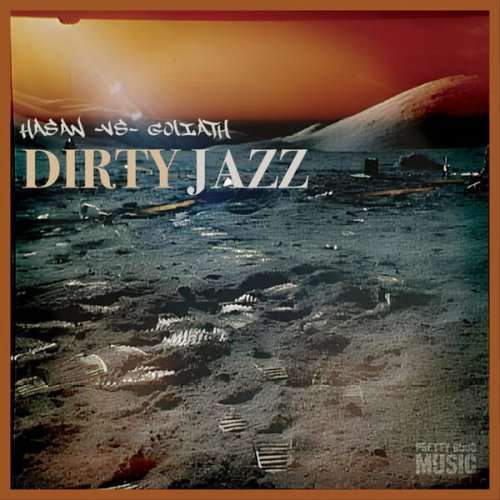
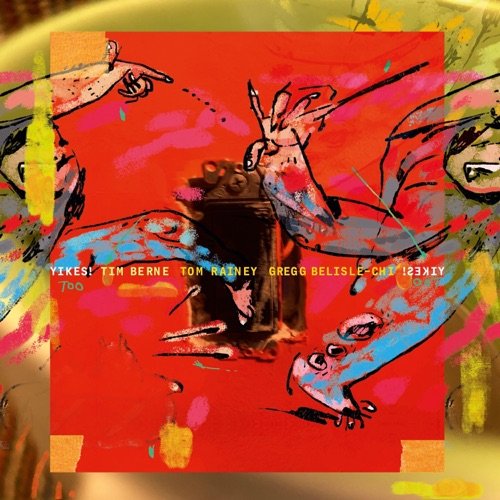

![Stefano Battaglia, Stefano Battaglia Standards Quartet - One Mile Away (2026) [Hi-Res] Stefano Battaglia, Stefano Battaglia Standards Quartet - One Mile Away (2026) [Hi-Res]](https://www.dibpic.com/uploads/posts/2026-03/1772346486_cover.jpg)


![Mehmet Ali Sanlikol - The Electric Oud Man Speaks and You Listen... (2026) [Hi-Res] Mehmet Ali Sanlikol - The Electric Oud Man Speaks and You Listen... (2026) [Hi-Res]](https://img.israbox.com/img/2026-02/28/0areq907i6p8nj96306jai1a0.jpg)
